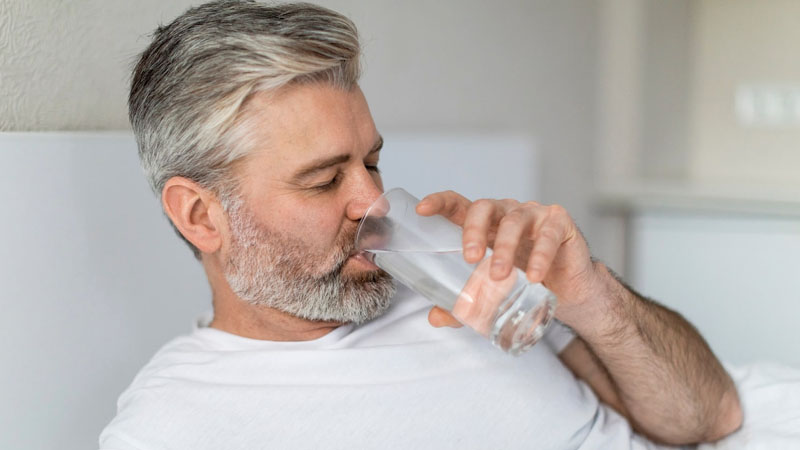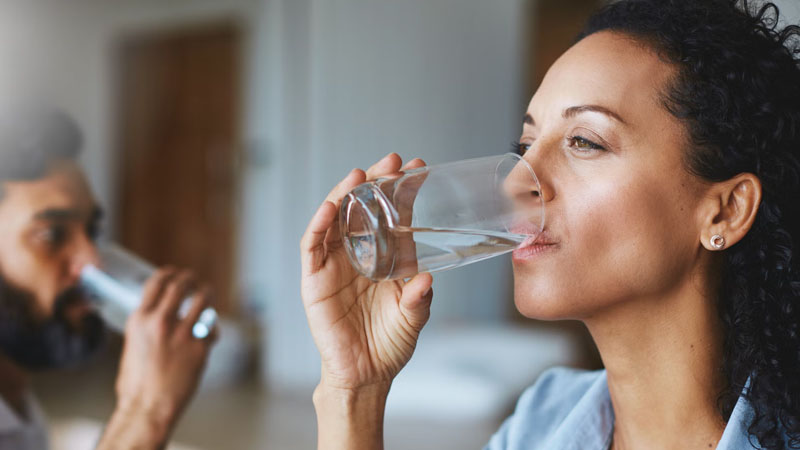As summer temperatures soar, staying properly hydrated has become more important than ever, with health experts warning that dehydration can have serious consequences on both physical and mental well-being. While feeling parched may seem like a minor discomfort, it can actually signal a broader threat to your body’s core systems, including heart health.
Water plays a vital role in temperature regulation, nutrient transport, cellular function, and waste removal. With hotter weather demanding more from the body, experts recommend increasing your fluid intake accordingly. A recent report from Surrey Live highlights advice from leading medical professionals and dietitians who stress the dangers of dehydration and the importance of daily water consumption.
Registered dietitian Ilyse Schapiro, who practices in New York and Connecticut, told American Heart Association News that knowing when you’re dehydrated isn’t always obvious. “Don’t let yourself get to that point of dehydration,” she advised. “An obvious way to tell is the colour of urine. We don’t want to always talk about that, but it’s a good indicator.”
She added, “The clearer the color, the better hydrated you are.” The ideal amount of water a person should consume varies depending on multiple factors, including gender, age, weather conditions, and activity level. According to the U.S. Institute of Medicine’s Food and Nutrition Board, adult men should aim for around 3.7 liters (approximately 15 glasses) per day, while women should consume about 2.7 liters (around 11 glasses).

Emergency medicine expert Dr. Michael Sayre of Harborview Medical Center in Seattle also emphasized listening to your body’s cues. “In terms of preventing heat stroke, it’s generally people who ignored the signals they were thirsty or couldn’t respond to them because they were physically impaired or in an environment where they didn’t have access to water,” he noted.
Importantly, water intake doesn’t come solely from beverages. Around 20 percent of daily hydration can come from fruits, vegetables, and other water-rich foods. Signs of dehydration include fatigue, dizziness, headaches, dry mouth, and dark urine. Waiting until you feel thirsty may mean your body is already experiencing a deficit.
Certain health conditions and medications, particularly those used to manage high blood pressure, can also increase water loss. “High blood pressure and other types of medications tend to be diuretics,” Schapiro explained. “They cause the body to lose more water,” making it especially important for these individuals to monitor their fluid intake closely.
Schapiro added that hydration is also key to managing hunger and preventing unnecessary snacking. “Water is a crucial component of nutrition,” she said. “Thirst is often mistaken for hunger.” As heatwaves continue, experts agree: keeping a water bottle handy might just be one of the simplest — and most effective — ways to protect your health this summer.

